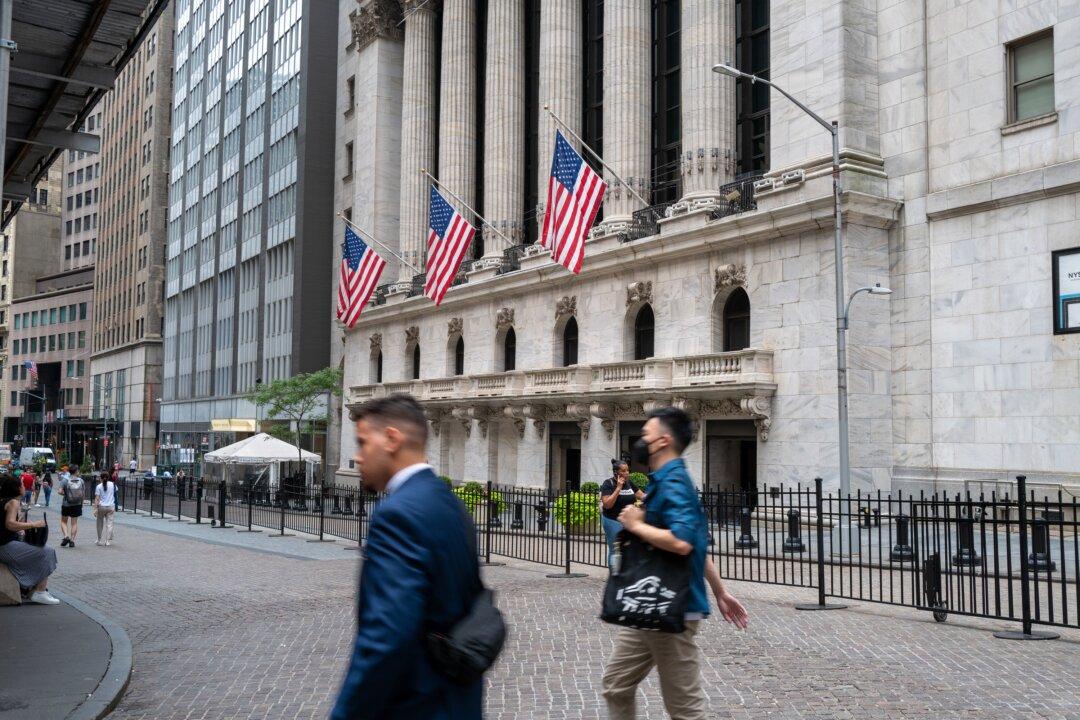Stocks on Wall Street gave up early gains and closed slightly lower Monday as investors began another busy week of company earnings and economic reports.
The S&P 500 gave up an early gain to end down 0.3 percent. The Dow Jones Industrial Average dipped 0.1 percent and the Nasdaq fell 0.2 percent. Smaller company stocks also gave back some of their recent gains, nudging the Russell 2000 0.1 percent lower.





